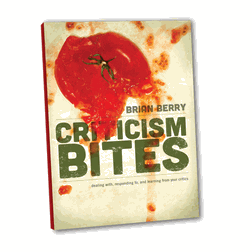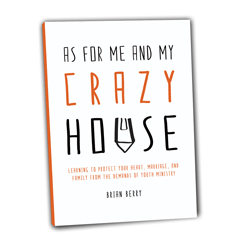Today I’ve been reading the history of the church post the reformation. All day. For 10 hours straight.
In other words, I’ve been reading about some really ugly divisions, brutal killings, and wars between popes, bishops, “pastors”, theologians, princes, and kings over spiritual beliefs and power struggles for centuries. Yes, there are glimmers of hope in there and people who go across the grain and even people whose story I found really encouraging, but they get lost in the much larger sea of…
um… I have no nice words for it… let’s just say of “horribleness”.
Truthfully, if you’ve read your Bible, it’s nothing new. In fact, if you want to be absolutely appalled at what people can do in the name of God, then just read the history recorded in Judges 19-21. But don’t forget to put them in the context of the first verse and the last verse and don’t stop until you’ve read all of it within that context. Because it’s unbelievable what people will do and say with what “they see fit.”
But, I don’t shy away from this in my Bible or in life or even in the history of the church. I know God doesn’t author all that history records. But there is a prevailing thing that I continue to run into that’s been oozing in me for a while. I think it’s been surfacing more and more in recent years, primarily in a riff between what some call the “emerging church” of today and what many identify with as a “reformed theology” which dates back to the 1500’s and a lawyer/theologian named John Calvin.
I would have continued to sit on it. But for me, the ulcer just bursted:
I read this quote in my text book, The Story of Christianity Volume II.
“But this was no longer the time of great theological discoveries, leading up unknown paths. Theologians in the seventeenth and eighteenth centuries zealously defended the teachings of the great figures of the sixteenth, but without fresh creativity of that earlier generation. Their style became increasingly rigid, cold, and academic. Their goal was no longer to be entirely open to the Word of God but rather to uphold and clarify what others had said before them. Dogma was often substituted for faith, and orthodoxy for love. Reformed, Lutheran, and Catholic alike developed orthodoxies to which one had to either adhere strickly or be counted out of the fold of the faithful.” (p. 174)
Sadly, this resonated with me. I don’t think we’ve ever stopped doing that… or at least we’ve radically returned to that same mindset in much of the American church today. We have a long list of stuff that evidently was decided in the late 16th century that is no longer up for debate or discussion. If you do wrestle with any of it openly, expect to be labeled a heretic.
Want proof? Here you go: This is from Christianity TODAY.
I don’t even know if I agree or disagree with the opposers to the linked article above about the book Rob Bell has written… largely cuz isn’t even published yet! But oh my, I can’t believe his words are already being declared heresy before the ink dries on the page. I’m daily loosing respect for many gate keepers of “True Christian Theology” who have a knife to slit opposing view points in the throat. Thank You Scot McKnight for being a voice of reason in that article.
It annoys me to no end to be told to “shut up, stop thinking, and sign on the dotted line” of this creed that a group of very capable and God-fearing people decided thousands of years ago. I’m not saying what they decided is wrong, or that I should write my own systematic theology volume set…. but forgive me if I’d like to look into it before I sign. I’m not buying itunes software, I’m choosing theology… and that road is a bit more significant and precarious. I fear God myself more than that.
I really pray that the 21st century is marked by a renewed zeal among those in the church and those outside of it to wrestle with Scripture, theology, tradition, and the issues of our day with zeal and humility. But if history has anything to say about that… then if that prayer is answered, it will truly be a miracle.
 Husband. Dad to 5. Student Ministry Pastor. Follower of Jesus. Yatta yatta.
Husband. Dad to 5. Student Ministry Pastor. Follower of Jesus. Yatta yatta.



Leave a Reply